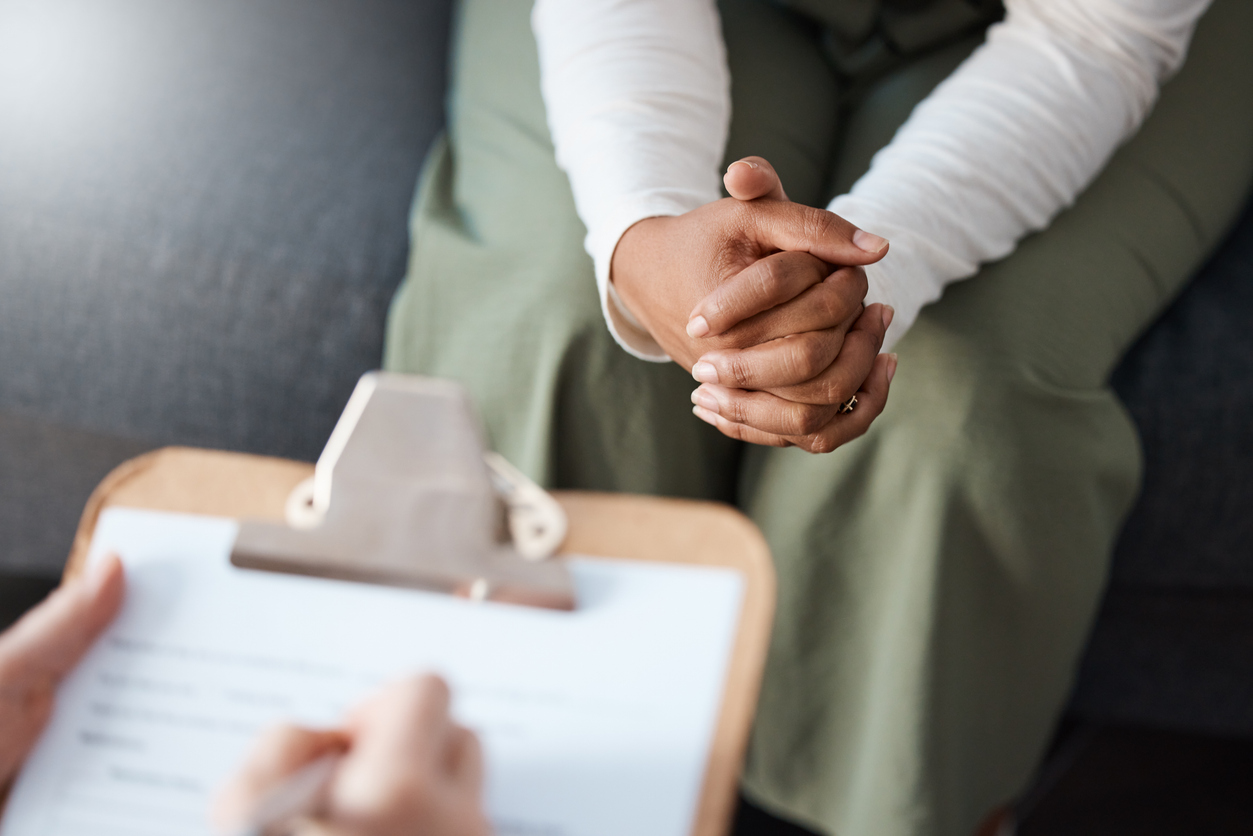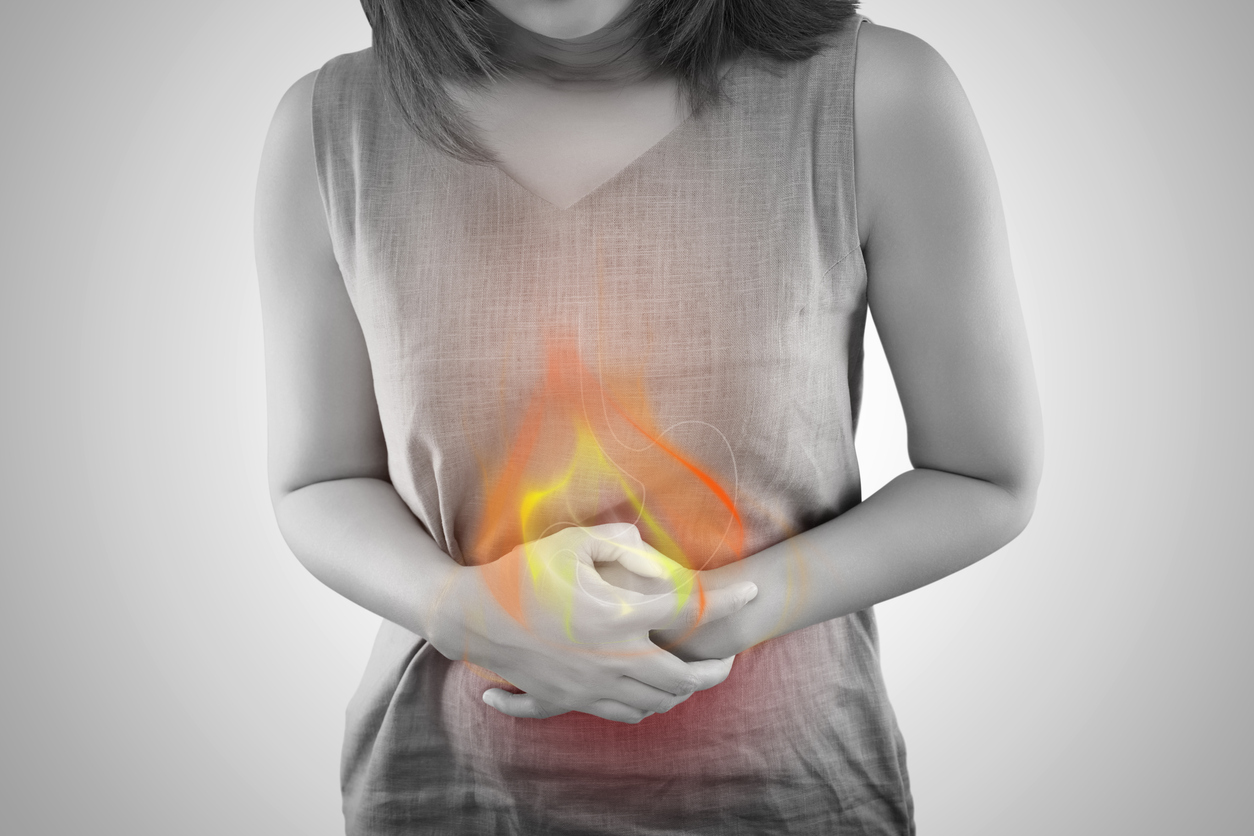We’ve all struggled with at some point, or are struggling with acne— it can be frustrating, unpredictable and out of our control sometimes. Several studies have confirmed that acne can affect a person’s quality of life and mood in a negative way. While acne may not cause physical impairment, it’s often linked to mental burden such as increased levels of anxiety, anger, depression, and frustration. Women suffering with acne may experience poor body image and low self-esteem as well as social isolation and a restriction of activities.
Acne issues are largely caused by a lack of awareness of the factors that make someone more vulnerable to it. The best way to start is to learn more about possible causes.
Causes of Acne
Hormonal Acne
During puberty, girls tend to have an increase in male sex hormones named androgens. This can cause the glands to enlarge and make more sebum. Excessive sebum can cause bacteria to infest the skin. Large changes in estrogen and progesterone levels, especially during the menstrual cycle month, can cause acne. Hormone fluctuations linked to pregnancy, menopause or Polycystic Ovarian Syndrome (PCOS) can also contribute to acne.
Genetics
There is a tendency for acne to run in the family. Some families may have a hereditary predisposition to produce excessive dead skin cells which may lead to more clogged pores that trigger acne.
Stress
Stress alone doesn’t cause pimples, but it can trigger breakouts and worsen existing acne issues. A stress hormone called CRH can lead to excessive secretion of oil, which eventually causes acne.
Personal hygiene
Unfortunately washing your face too often or not enough can both result in acne. Not washing and exfoliating your skin will allow the sebum to keep accumulating on the surface of the skin and cause acne. On the other hand, frequently washing and exfoliating will cause damage to the skin and make the acne worse. Sweating, greasy hair in your face, not removing makeup can all cause breakouts. Picking and popping pimples also worsen acne. Wearing hats, helmets and tight clothes can cause acne. Anything that rubs or constricts your skin is a potential acne trigger.


Treatments for Acne
Things you can do at home:
- Wash your face twice, with a mild face cleanser. This is important especially after sweating
- Don’t pop your pimples
- Don’t touch your face with your hands too much
If these home remedies don’t work and your acne persists, consider consulting a dermatologist on our platform.
Medical treatments that may be prescribed:
- The dermatologist may firstly recommend antibiotic tablets (example clindamycin or tetracycline) and topical treatments (gels, creams or lotions) such as benzoyl peroxide can be prescribed to treat the severe acne
- Hormonal therapies or combined oral contraceptive pills can also be recommended. However, sometimes the progestogen-only pill or contraceptive implant can make acne worse.
- Topical retinoids (basically exfoliators) remove the dead skin cells to prevent acne from becoming severe. Differin, retinoic acid or Retin-A are medications that may be prescribed and can be highly effective
Learn More with Veera Health
Many of these treatments can take 2 to 3 months before they start to work. It’s important to be patient and persist with a recommended treatment, even if there’s no immediate effect. Often you may need to try a few different types of treatment to find one that works for you. If you are looking for a personalised acne treatment routine, don’t stress, consult our trusted dermatologists today and get your acne treated ASAP!
Disclaimer: Content on Veera is provided for informational purposes only and is not intended as medical advice, or as a substitute for medical advice given by a physician
References:• WebMD: https://www.webmd.com/skin-problems-and-treatments/acne/acne• Self: https://www.self.com/story/hormonal-acne/amp#aoh=15702050293913&referrer=https%3A%2F%2Fwww.google.com&_tf=From%20%251%24s&share=https%3A%2F%2Fwww.self.com%2Fstory%2Fhormonal-acne


















